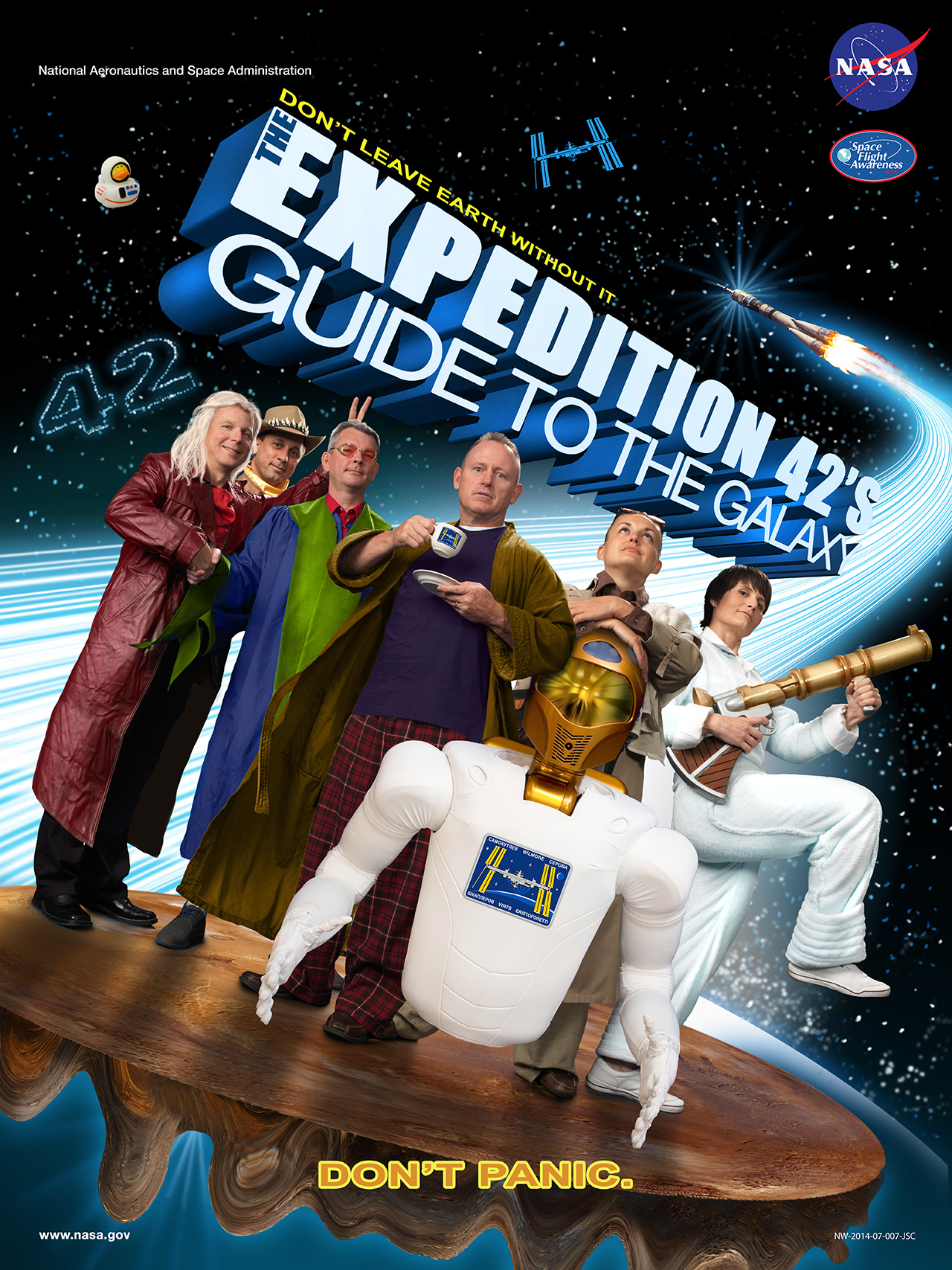Toward An Impure Poetry by Pablo Neruda
It is good, at certain hours of the day and night, to look closely at the world of objects at rest. Wheels that have crossed long, dusty distances with their mineral and vegetable burdens, sacks from the coal bins, barrels, and baskets, handles and hafts for the carpenter's tool chest. From them flow the contacts of man with the earth, like a text for all troubled lyricists. The used surfaces of things, the wear that the hands give to things, the air, tragic at times, pathetic at others, of such things—all lend a curious attractiveness to the reality of the world that should not be underprized.
In them one sees the confused impurity of the human condition, the massing of things, the use and disuse of substances, foot-prints and fingerprints, the abiding presence of the human engulfing all artifacts, inside and out.
Let that be the poetry we search for: worn with the hand's obligations, as by acids, steeped in sweat and in smoke, smelling of lilies and urine, spattered diversely by the trades that we live by, inside the law or beyond it.
A poetry impure as the clothing we wear, or our bodies, soupstained, soiled with our shameful behavior, our wrinkles and vigils and dreams, observations and prophecies, declarations of loathing and love, idylls and beasts, the shocks of encounter, political loyalties, denials and doubts, affirmations and taxes.
The holy canons of madrigal, the mandates of touch, smell, taste, sight, hearing, the passion for justice, sexual desire, the sea sounding—willfully rejecting and accepting nothing: the deep penetration of things in the transports of love, a consummate poetry soiled by the pigeon's claw, ice-marked and tooth-marked, bitten delicately with our sweatdrops and usage, perhaps. Till the instrument so restlessly played yields us the comfort of its surfaces, and the woods show the knottiest suavities shaped by the pride of the tool. Blossom and water and wheat kernel share one precious consistency: the sumptuous appeal of the tactile.
Let no one forget them. Melancholy, old mawkishness impure and unflawed, fruits of a fabulous species lost to the memory, cast away in a frenzy's abandonment—moonlight, the swan in the gathering darkness, all hackneyed endearments: surely that is the poet's concern, essential and absolute.
Those who shun the "bad taste" of things will fall flat on the ice.





